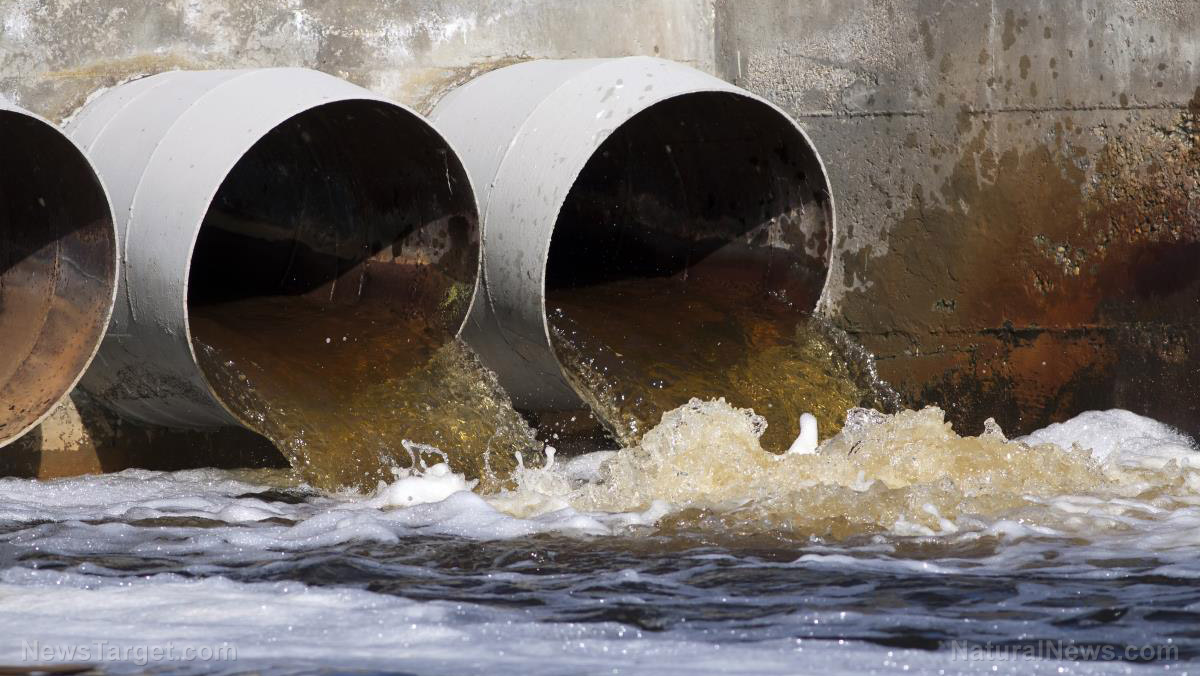 Parler
Parler Gab
Gab
Do Americans really want to drink chemically treated "recycled" water from their neighbors' toilet bowls?
Seufert is partially right about treated wastewater making its way into natural water sources that are then fed through people's taps. The difference with direct potable reuse is that water does not first have to be dispersed in a large body of water. Toilet-to-tap means exactly what its name suggests: toilet water is treated and immediately fed back into the drinking water system without ever going back into nature for additional cleansing. The idea was put up for a vote in the November election and a final approval was given on November 14 by the Colorado Water Quality Control Commission to implement the new DPR rule. "We are very excited about the opportunity Colorado's DPR rule provides as our state and communities look for new and innovative ways to ensure safe, high-quality, and sustainable drinking water supplies now and into the future," announced WateReuse in celebration. The goal is to transition the people of Colorado away from consuming groundwater, which goes through a natural cleansing process as it seeps into the ground through rocks, soil, and sediment. Instead, Coloradans will now be drinking chemically treated water straight from their neighbors' toilet bowls. "I think it's an important tool for the long term because it gives water providers options to respond to future scarcity of water supplies, whether drought-driven or other reasons," said Mark Marlowe, director of Castle Rock Water. Reports indicate that the treatment process for recycled toilet bowl water involves disinfection with ozone gas or ultraviolet light, along with filtration through membranes containing microscopic pores that remove solids and trace contaminants. While such a process is not explicitly prohibited in most areas of the country, it is not typically the standard because allowing nature to do much of the work has long been seen as a better and safer approach for obtaining clean water. It will still be a while before even Castle Rock starts actively utilizing toilet-to-tap as more testing is needed. The expectation is that in the next three-to-five years, Castle Rock and likely many other areas of Colorado will begin implementing toilet-to-tap systems to fight "climate change." Water recycling is expensive, though. It also still relies on local water sources that, if the dwindling Colorado River is any indicator, can run dry, leaving large cities without any potable drinking water. "If you've built a big direct potable reuse system and you don't have it even for a few years, that causes some problems," said Greg Fisher, the demand planning manager at Denver Water. More related news can be found at TapWater.news. Sources for this article include: Fortune.com NaturalNews.com WateReuse.orgGovernments continue to obscure COVID-19 vaccine data amid rising concerns over excess deaths
By patricklewis // Share
Tech giant Microsoft backs EXTINCTION with its support of carbon capture programs
By ramontomeydw // Share
Germany to resume arms exports to Israel despite repeated ceasefire violations
By isabelle // Share










